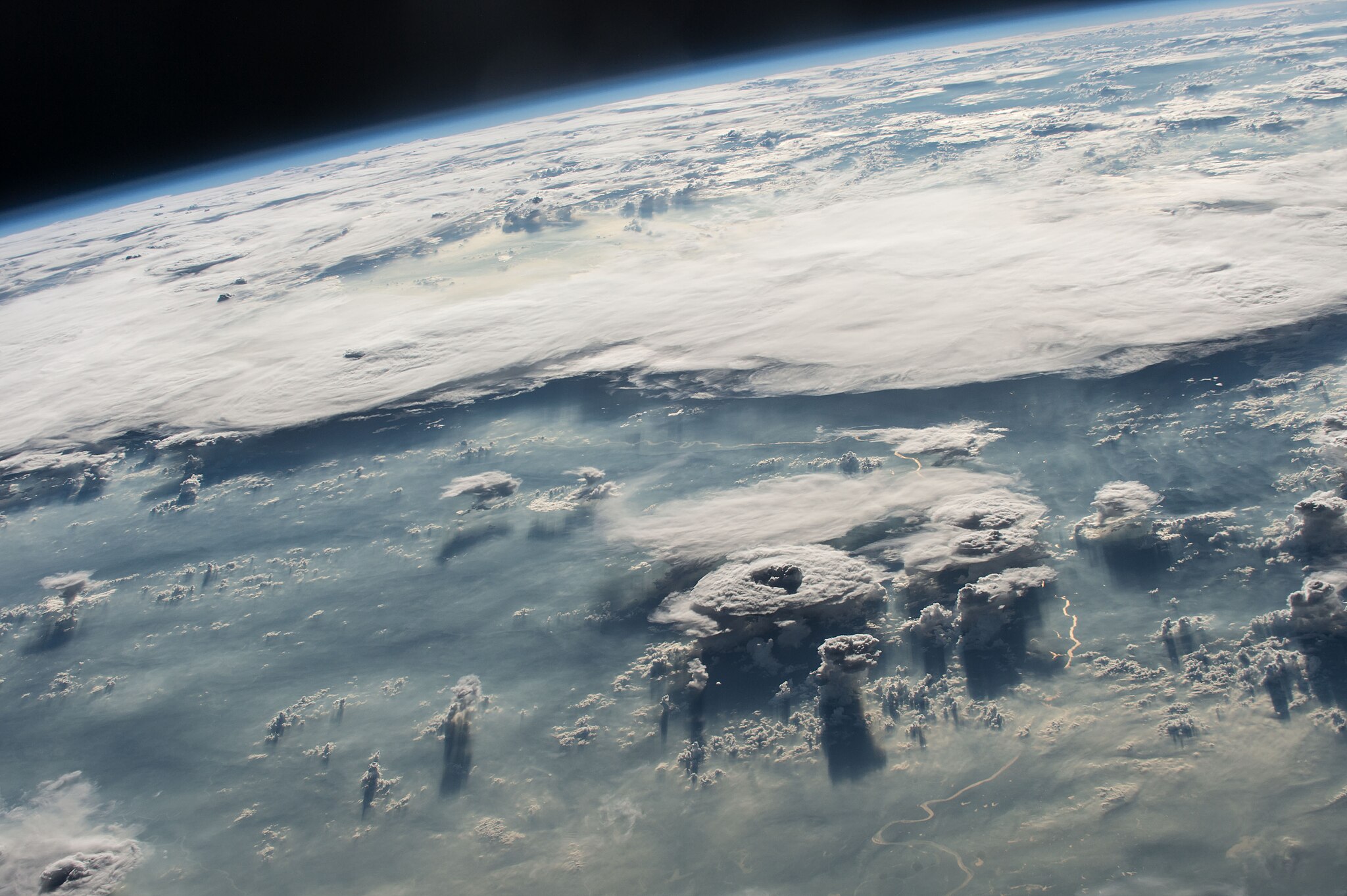Climate Literature Can Compel Humans to Care About Climate Change
Press Release
DOI:
https://doi.org/10.32469/aj.v21.4Abstract
There is a newer literary genre on the rise containing stories of rapidly shifting climates that threaten the survival of mankind. This genre is known as climate literature, and it includes both fiction and nonfiction pieces written by authors with different backgrounds and levels of expertise. Climate change has become a significant topic in mainstream discourse due to growing concerns about the state of our planet, so it is no surprise that climate literature has become increasingly popular in recent decades.
In English 4996W, a Senior Honors Seminar taught by Dr. Noah Heringman at the University of Missouri, students were asked to read various works of climate literature and write about these works throughout the semester. The goal of the class was to promote this new genre and contextualize the global climate crisis by allowing students to critically analyze themes and messages within the works that they read. For my final paper, I was inspired by Roy Scranton’s argument in his book, Learning to Die in the Anthropocene: Reflections on the End of a Civilization. He urges people to refocus their attention to the humanities (art, literature, culture, Greek/Roman philosophy, etc.) as a way to move through the Anthropocene, an era that is defined by the environment’s negative responses to human activity.
In my final paper, I argue that there is one component of humanism that is the most influential on approaches to the climate crisis, and that is literature. I specifically vouch for climate literature’s ability to persuade the masses to care more about climate change. I claim that the aged literary references in Scranton’s book, The Epic of Gilgamesh, The Iliad by Homer, and The Thoughts of Marcus Aurelius Antoninus by Marcus Aurelius Antoninus, demonstrate many thematic concepts present in modern-day climate literature.
The purpose of my paper is to urge the general public to consider reading climate literature in order to positively affect their perceptions of global warming. A qualitative study published in 2020 in the journal of Environmental Communication found that reading climate fiction had positive impacts on beliefs and attitudes about climate change. This is a remarkable discovery considering the limited amount of research about climate literature that is available to the general public.
My enrollment in Communication 4420HW, Communicating Research and Scholarship, taught by Dr. Amy Lannin and Dr. Linda Blockus at the University of Missouri, offered the chance to present my research via poster presentation on Fall Research Day 2022. This was such a great opportunity for me to share my work with a lay audience and emphasize the importance of reading past, present, and future literary scholarship about climate change. I was also able to share how much reading climate literature positively affected my own personal perceptions of the climate crisis.



